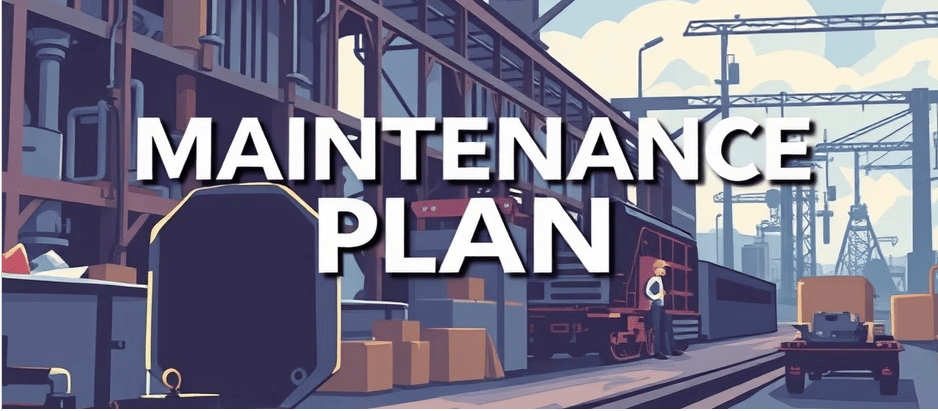- Reliability Edge Weekly Newsletter by Hamiltonian Systems
- Posts
- The Reliability Edge Weekly Reliability Pulse
The Reliability Edge Weekly Reliability Pulse
Weekly Hot Topic Poll - The newsletter for reliability and maintenance engineers and IT leaders, aiming to improve the quality of their asset and MRO data to achieve excellence in manufacturing, published by Hamiltonian Systems. Unified data management and more...


Reliability Edge on the week’s Reliability Pulse keeps you current on data, MRO & AI.

“Improvement usually means doing something that we have not done before.”
— Ravi Venkatraman, President of Hamiltonian Systems

Monitoring Data for Robust Operations

Real-Time Data for Operational Stability
Real-time tracking: The heartbeat of reliability
In the fast-paced world of plant operations and asset management, real-time data monitoring, including periodic data collection multiple times throughout the day, has evolved from a nice-to-have feature into a critical component of operational excellence. By delivering actionable insights the moment anomalies begin to form, real-time tracking equips reliability engineers to prevent failures before they escalate, reduce downtime, and extend the life of key assets.
From reactive to prescriptive maintenance
Traditional maintenance often relies on historical data or time-based schedules. But withClick here to keep reading.
Resilient Maintenance Plans for High Availability

Resilient Maintenance Plans for High Availability
Adaptive strategies: The backbone of uptime
In today’s high-stakes industrial environments, equipment availability is non-negotiable. Unexpected disruptions—whether mechanical, environmental, or supply-chain related—can cascade into significant downtime and lost production hours. To counter this, organizations must turn to adaptive maintenance strategies that ensure resilience and flexibility in the face of change.
What makes maintenance resilient?
A resilient maintenance plan is not rigid. It evolves withClick here to keep reading.
Smart Systems for Risk Reduction

Intelligent Risk Prioritization for System Reliability
Intelligence at the core of reliability
As industrial systems grow in complexity, so do the risks associated with their failure. From unplanned outages to safety hazards and costly equipment damage, unmitigated risk can compromise operational stability. Enter smart systems—the fusion of artificial intelligence, machine learning, and predictive analytics that helps reliability teams stay ahead of failure by intelligently identifying and managing risk.
Predicting failure before it strikesClick here to keep reading.

Please answer a brief question and we will share the insights in next week.
From last week, the week of July 8st, regarding reliability risk: 50% of you said your critical assets have risk profiles, and 50% of you asked what a risk profile is.
As a company, which should we tackle first?Select the best answer. |

Real-world ridiculousness (or close enough) from the front lines of reliability
The Importance of Clean Data
Last quarter, a reliability team at a large mining operation was alarmed to see 342 emergency work orders generated overnight—for a single pump. After several hours of escalating concern (and a brief debate about whether this qualified as a record), they discovered the cause: an outdated import script replicating a single row due to one missing field. The pump hadn’t moved an inch. The data, however, had run a marathon.
Lesson: Modern, automated data cleaning isn’t optional—unless your team enjoys false alarms and unnecessary meetings.
Source: Hamiltonian Systems. (2025, July 16). Moment of mirth: The 342 emergency work orders generated overnight for a single pump [Anecdote based on conversations with reliability engineers]. Reliability Edge.
This newsletter provides best practices, strategies, techniques, insights and data from our ongoing research in short, concise articles.
By incorporating these tips and techniques into your routine, you can cultivate a operations that flourish throughout the year.
Until next time!
